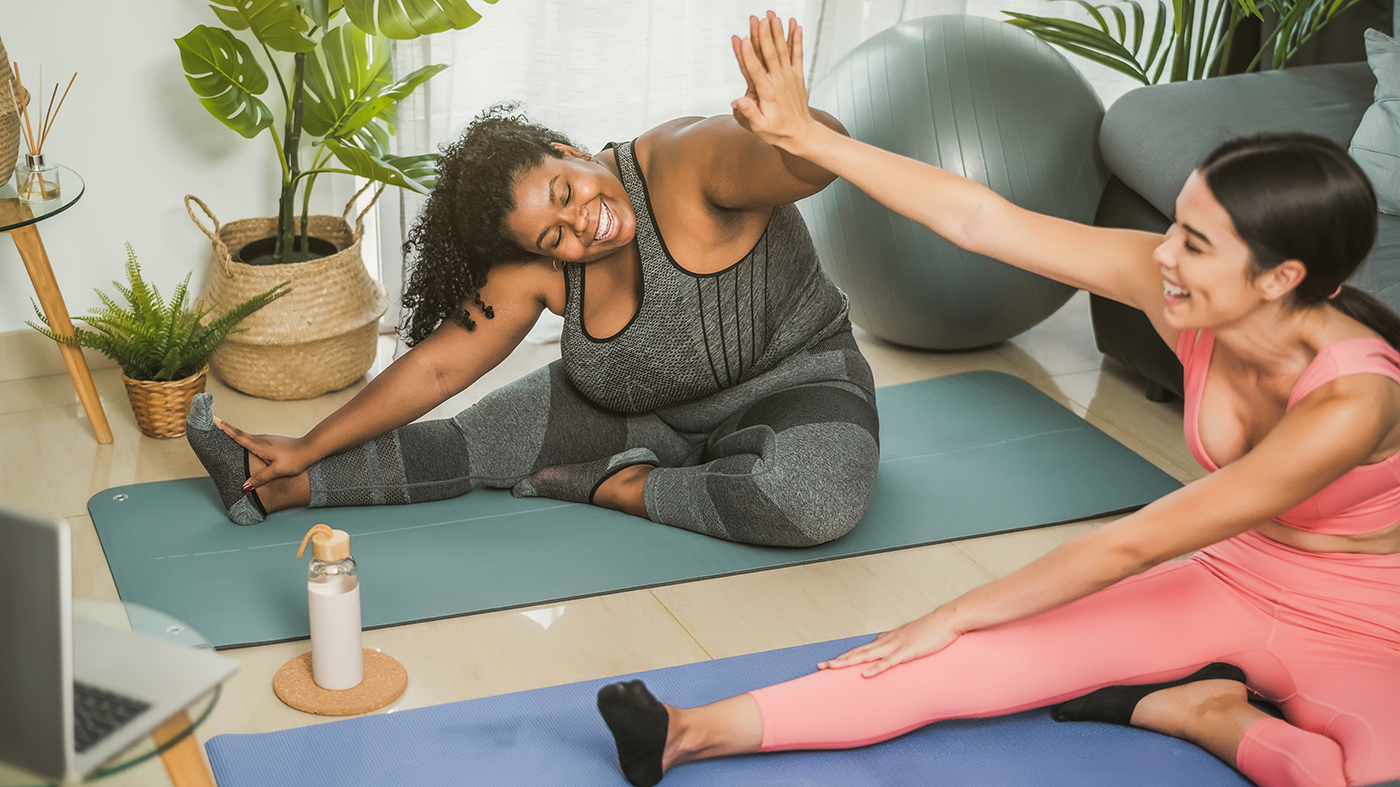Women’s Health Awareness Month is an excellent opportunity for women to consider lifestyle choices that keep them healthier. VA experts are here to help Veterans make informed nutrition and lifestyle choices to prevent high-risk conditions and improve their overall health.
Lifestyle choices
Focus on:
- Follow a healthy eating plan that includes fruits, vegetables, whole grains, low-fat dairy and lean proteins. (Special nutrition considerations if pregnant or breastfeeding).
- Eat calcium-rich foods like dairy products, leafy green vegetables, tofu and salmon. Women need 1,000 mg of calcium if 50 years and younger or 1,200 mg per day if 51 years and older.
- Consume 600 IU of Vitamin D if 70 or younger or 800 IU if over 71 years. Foods rich in vitamin D include salmon, fortified milk products and mushrooms.
- Avoid excessive alcohol, limit to 1 drink per day or less.
- Avoid smoking/tobacco products.
- Aim to move at least 30 minutes five times each week (walk, bike, swim, jog).
- Strength training exercises at least 2 days each week to support bone health.
VA facilities across the country offer specialized programs that support women’s health. There are Healthy Teaching Kitchen programs to teach Veterans about food, nutrition and how to make healthy and delicious foods. Many VA facilities also have lifestyle education classes, including MOVE! and Whole Health programs. If you’re interested in these, including other nutrition-related topics, contact your local VA care team.
App helps you prepare for appointment
It’s important to speak up for yourself and be your own advocate when dealing with health issues. Write down concerns, questions and what you want to get out of your visit with your care team. A great tool to use to prepare for your visit is the AHRQ Question Builder App. This app, which is now available in the VA Mobile App store, prompts you to develop questions prior to your appointment.
Women are at higher risk for several health conditions such as osteoporosis, stroke, autoimmune disorders and dementia. While we can’t change some of our personal risk factors, we can focus on lifestyle choices that will reduce risk.
Connect with your VA dietitian to learn more about healthy eating and your VA Care team for information on other specialized programs for women.
Topics in this story
More Stories
The Medical Foster Home program offers Veterans an alternative to nursing homes.
Watch the Under Secretary for Health and a panel of experts discuss VA Health Connect tele-emergency care.
The 2024 National Veteran Suicide Prevention Annual Report provides the foundation for VA’s suicide prevention programs and initiatives.







I am interested in getting more thorough health care. I need a bone density reading, mammogram and my lab. I work as a Hospice RN and run my goat ranch, so time is limited. I can run to San Antonio as I am busy and it is a distance. I have problems getting the care. I need to do Community Care but I am refused. So no care. I get my BP meds through RedBox, they will not provide. Need a Women’s Liason rep to contact me, and help. Central Texas.
No, the VA is not providing sound health care for women who served. Among other problems just within the last year, I, a survivor of MST, was denied even a referral to evaluate pelvic floor issues. The denial was made by an MD and NP with zero qualifications in either gynecology or urology.
Thissort of empty bluster is disgusting.